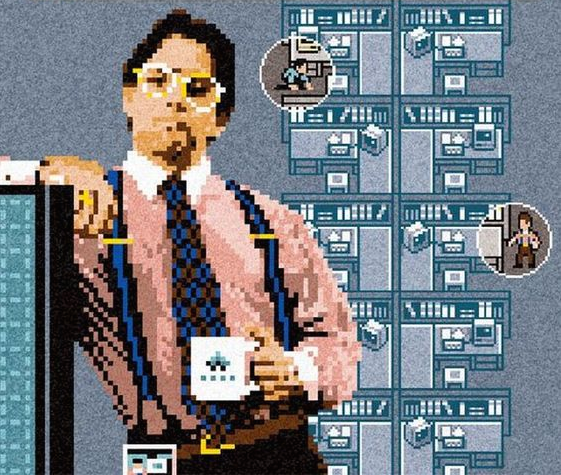
Do you think your events company is digitally smart? Have you kept up with the evolution of digital? Or do you just want to find out what "getting" digital means? Whatever your reason for reading, you’ve made the right move. Events companies can’t afford to fall behind the curve with digital. After all, the events we produce are supposed to show our delegates what the latest and future trends look like in their industry, it’s only natural that they expect our event marketing to follow that pattern.
We love Stephen Covey’s book “7 habits of highly effective people” and often get asked if there’s an equivalent “7 habits” for event folk. So, here they are, our 7 top healthy habits for the digitally savvy events company:
1. Make content creation integral to your event production process.
The event company with real digital smarts maximises every opportunity to gather potential or raw content. Notes from speaker conversations, perspectives from the Twittersphere, even the target list of potential speakers themselves can be used to create great content. (Here’s a tip for free: Your potential speaker list is also a list of the movers and shakers in that industry, if you just repurpose it).
Look at everything you have, say, hear, through the lens of potential content and you’ll never be short of something to blog about again.
2. Hire only digital natives and fanatics.
It’s simple really. To succeed in digital marketing and engagement, you only want people on your event marketing team that live and breathe digital.
Now, I don’t mean to be ageist here. After all I’m no spring chicken myself. You don’t have to have been born in a time where the internet was already dominant to have wholeheartedly embraced the online world. I’m crazy about it and I want you to only hire people who are similarly immersed in it.
3. Learn to speak the language of the channels you use.
Each marketing channel (social, email, web, search) has norms and peculiarities that define the way language is used there. An easy example is hash tags on social media. Learning which ones feature in conversations around your event topic will help you dial in to more relevant streams of thought.
More subtly, a price offer made in an email won’t be the first thing you say. It’s too brash. But it could be the headline in your PPC search ad.
4. Start a conversation, and then own it.
Social media platforms are crammed full of marketers peddling content, offers, you name it. The digitally savvy events marketer know that the way to cut through the noise is to work with their producer, subject matter experts and speakers to create interesting conversations online.
Only a few of your target market might be brave enough to join in and share their views with the world, but you can bet that hundreds more will be reading what’s been said and taking interest in the event that’s produced such an interesting debate.
5. Employ a smart search strategy for your event website.
Too often, event marketers create a new web page for their event, even when it ran the year before. The reasons are often superficial (needing a new design etc.)
It’s far smarter to keep your existing site and update the design and content as needed, whilst keeping the list of target keywords the same year to year. That means you’re accruing search “credit” from Google year to year, not starting afresh every time.
6. Use digital for more than marketing.
Digital is such a powerful medium, yet all too frequently it’s confined to marketing when its potential uses are far more widespread. Use social listening tools to assist with production and gather event feedback. Let your delegates manage their event experience online, offer customer service via online chat rather than making people call up.
The possibilities are endless. Not only will it enhance the event experience, there are also serious cost saving to be had by digitising hard copy assets, removing people from admin processes etc.
7. Destroy the silos to seamlessly blend online and offline.
Remember the days of “online only” offers, where bricks and mortar stores killed their own footfall by offering a better deal online “because there were no staffing costs”? Me too. That was like, 2003 or something. Separating online and offline is a seriously old school way of thinking. It kills off the potential for creativity that spans both worlds.
If any of your event teams are still split like that, get them into a room for half a day, charge them with coming up with 20 great ideas that fuse their respective worlds to generate more revenue, enhance the event experience etc. and watch the magic happen.
As with any habit, it’s only a habit if you practice it so regularly that it becomes ingrained in your behaviour and culture. These things can’t be a one off, you need to innovate your processes and strategies so they become part of your DNA.
Photo credit: Patrizia Soliani







Do you have any comments?